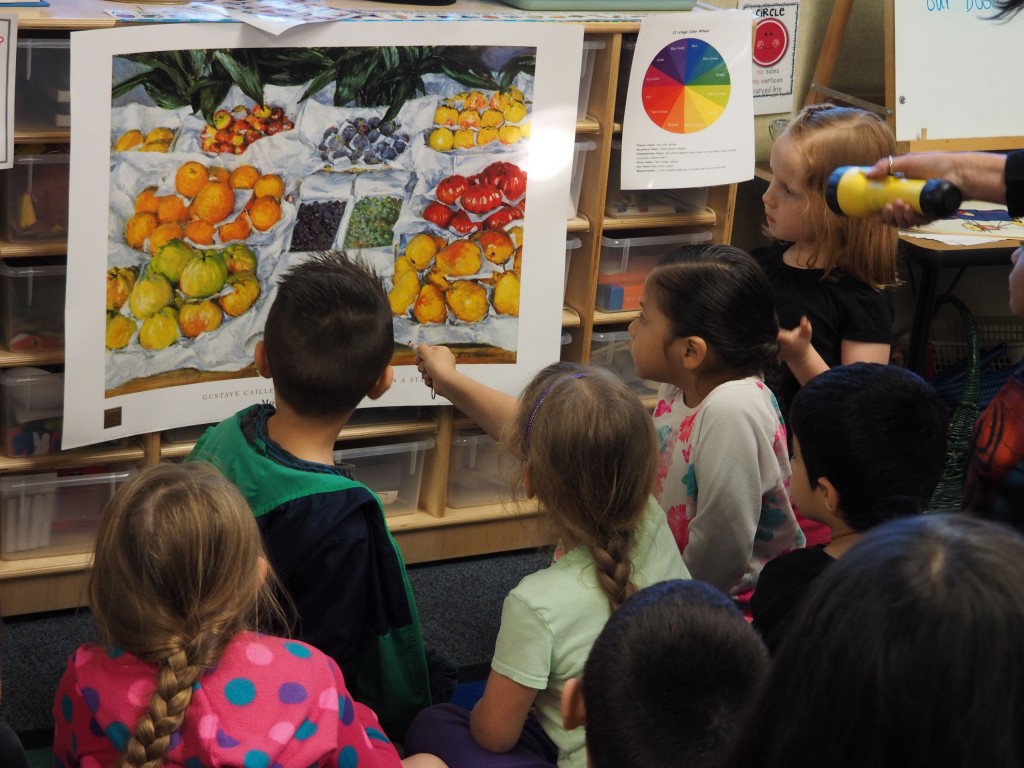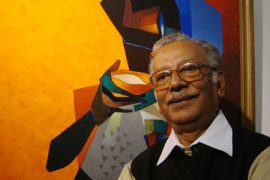Art has long been recognized as a powerful form of human expression. From ancient cave paintings to modern masterpieces, art has the ability to captivate our senses, evoke emotions, and inspire introspection.
But beyond its aesthetic value, art also holds a profound impact on mental health.
In this blog, we will explore the connection between art and mental well-being, highlighting how engaging with art can promote psychological healing and foster overall mental health.
1. Art as a Therapeutic Outlet:
Art serves as a therapeutic outlet for individuals facing mental health challenges. Engaging in artistic endeavors such as painting, drawing, or sculpting provides an avenue for self-expression and emotional release.
Through the act of creating art, individuals can channel their thoughts, emotions, and experiences into a tangible form, allowing them to gain a sense of control and empowerment over their internal struggles.
This process can facilitate catharsis, helping to alleviate anxiety, stress, and depression.
2. Self-Discovery and Identity:
Artistic expression encourages self-discovery and a deeper understanding of one’s own emotions and experiences.
By engaging with art, individuals are invited to explore their inner world, unraveling complex thoughts and feelings that may otherwise remain buried.
This introspection aids in self-reflection, facilitating personal growth and helping individuals to gain insights into their own identities. Through art, individuals can embrace and express their true selves, leading to a greater sense of authenticity and self-acceptance.
3. Emotional Resilience and Coping Mechanisms:
Art offers a safe space to process and cope with difficult emotions. When words fail to capture the depth of our feelings, art steps in as a universal language that transcends verbal limitations.
Engaging with art allows individuals to externalize their emotions, providing a healthier means of coping with stress, trauma, or grief. It enables them to confront and explore challenging emotions, fostering emotional resilience and developing adaptive coping mechanisms.
The act of creating art can offer solace, serving as a form of self-soothing and a source of comfort during times of distress.
4. Mindfulness and Flow States:
Immersing oneself in the creation or appreciation of art can induce a state of mindfulness and flow. Mindfulness involves being fully present in the moment, cultivating awareness without judgment.
Art provides a gateway to this state of mindfulness, as it requires focused attention, concentration, and a deep connection with the artwork.
Engaging in art can foster a sense of timelessness, allowing individuals to escape the pressures of daily life and enter a state of pure absorption.
This experience of flow promotes relaxation, reduces anxiety, and enhances overall well-being.
5. Connection and Community:
Art has the power to connect people and build communities. Through shared artistic experiences, individuals can find solace in a sense of belonging and mutual understanding.
Art therapy groups, community art projects, or even visiting art galleries can create spaces for social interaction, fostering supportive relationships and reducing feelings of isolation.
The collective appreciation of art stimulates empathy and compassion, nurturing a sense of unity and shared humanity.
Conclusion:
The profound psychological impact of art on mental health cannot be overstated. Whether through active participation or passive appreciation, art holds transformative potential.
Engaging with art can facilitate self-expression, emotional healing, and personal growth. It offers a sanctuary for self-discovery, emotional resilience, and the cultivation of mindfulness.
Moreover, art brings people together, fostering connection and community. So, let us embrace the transformative power of art and harness its ability to enhance our mental well-being.





